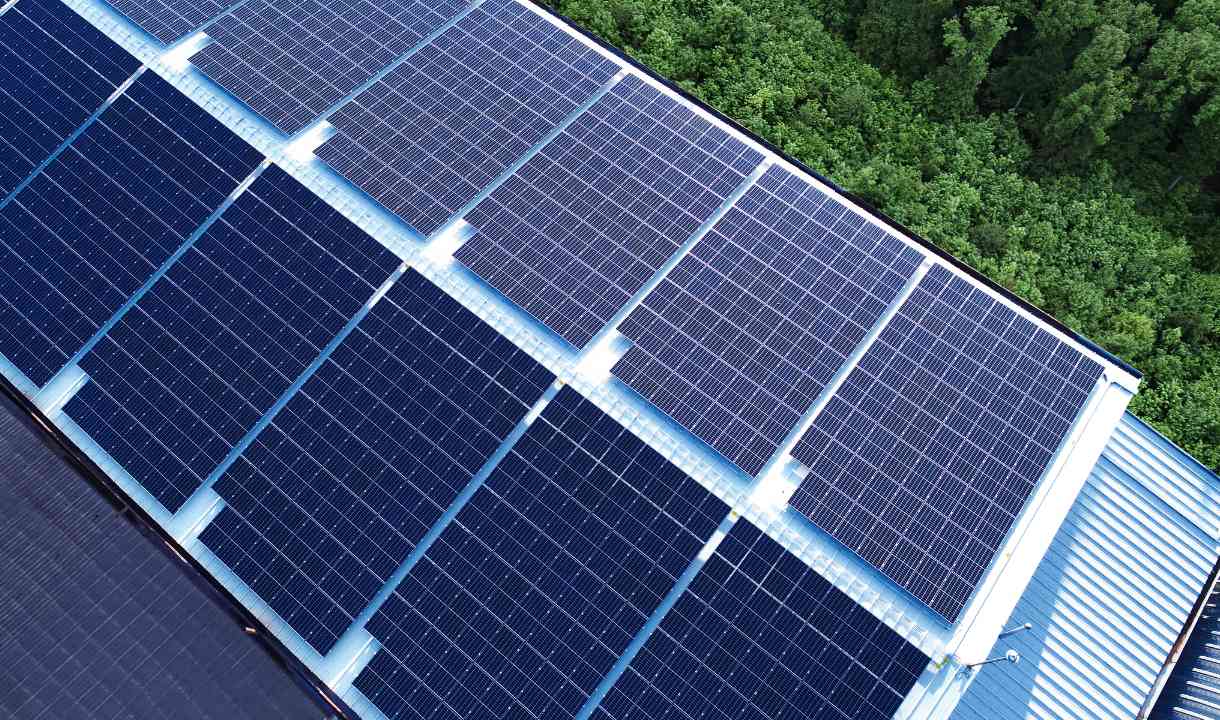
The decision to transition to solar energy is a significant step toward sustainability and cost savings for businesses. Solar panels offer numerous benefits, including reduced energy bills, a smaller carbon footprint, and potential tax incentives. However, one common concern that often arises is whether the installation process of solar panels will disrupt regular business operations. In this blog post, we will explore this question and provide insights into what to expect during the installation process.
Understanding the Installation Process
Before delving into the potential disruptions, it's important to have a basic understanding of the solar panel installation process. Solar panel installation typically involves the following steps:
- Site Assessment: Solar professionals evaluate your property's suitability for solar panels. Factors such as roof orientation, shading, and available space are considered.
- Design and Permitting: Once the assessment is complete, a customized solar panel system is designed for your business. This design is then submitted for necessary permits and approvals.
- Panel Installation: The actual installation process involves mounting solar panels on your roof or in an open space on your property. Wiring and connections are established to integrate the panels with your electrical system.
- Inspection and Activation: After installation, local authorities conduct an inspection to ensure compliance with regulations. Once approved, your solar panel system is connected to the grid, and you start generating clean energy.
Disruptions During Installation
It's natural to wonder whether the installation process will disrupt your business operations. The extent of disruption depends on various factors:
- Installation Location: If your solar panels are being installed on your roof, there may be some noise and activity that could potentially disturb your employees or customers. If the panels are installed in an open area, the disruption may be limited.
- Duration: The installation process itself can take several days to a couple of weeks, depending on the size and complexity of the system. During this time, there may be some inconveniences, such as limited access to certain areas.
- Coordination: A professional solar installation team will work closely with your business to minimize disruptions. They can schedule installation during off-peak hours or weekends to reduce the impact on daily operations.
- Power Interruptions: In some cases, there might be brief power interruptions during the final connection process. However, these interruptions are usually planned and communicated in advance.
Mitigating Disruptions
To minimize disruptions during the solar panel installation process, consider the following steps:
- Communication: Maintain open communication with your solar installation team. Discuss your business hours, peak times, and any specific requirements to ensure a smooth process.
- Schedule Flexibility: If possible, be open to adjusting business hours or temporarily relocating certain operations during the installation period.
- Inform Stakeholders: Notify employees, customers, and suppliers about the upcoming installation to manage expectations and ensure everyone is aware of potential disruptions.
- Plan Ahead: Work with the installation team to create a detailed installation schedule that aligns with your business operations.
Conclusion
While the installation process of solar panels may cause some temporary disruptions, these can be effectively managed with proper planning, communication, and coordination. The benefits of transitioning to solar energy, such as long-term cost savings and environmental sustainability, far outweigh the short-term inconveniences. By partnering with a reputable solar installation company and taking proactive steps, your business can smoothly navigate the installation process and enjoy the rewards of clean, renewable energy.
